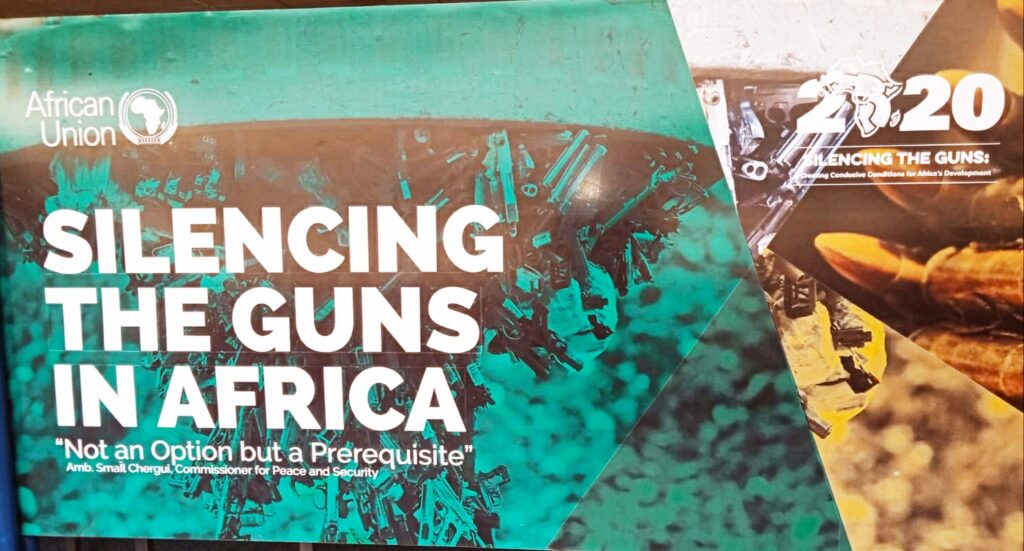Project no 4
Name
Understanding the practices of African Special Envoys
Location
Peace Research Institute Frankfurt (PRIF)
Researchers
Dimpho Deleglise
- Deleglise, Dimpho (2024): African Special Envoys In Practice: A Research Agenda For Studying Complex Diplomatic Interventions, PRIF Report 3/2024, Frankfurt/M, DOI: 10.48809/prifrep2403
- Deleglise, Dimpho (2024. March 15). Potentially Vital AU Meeting on Tigray Leaves Communities of Interest in the Dark. PRIF Blog.

Understanding the Practices of African Special Envoys
This project examines the operational mechanisms of African Special Envoys, also known as High Representatives and Special Representatives, who are appointed by the African Union (AU) and regional economic communities (RECs) to deal with a wide range of issues, from high-stakes conflicts to the promotion of specific initiatives and projects. Its goal is to provide empirical accounts of the processes, routines and interactions that go into carrying out African Special envoy initiatives, with a focus on their knowledge bases, specific institutional settings, and the social contexts and dynamics that converge around them. It prioritises African practitioners’ viewpoints and lived experiences to generate perspectives on African peacemaking and the on-the-ground implementation of the African Peace and Security Architecture (APSA). The project has three objectives. The first focuses on the institutional embedding of these operations, which involves the dynamics of appointments, mandate negotiation, intra-institutional support, oversight and funding. The second examines the knowledge bases of these interventions to better understand how African Special envoys make sense of their missions, the strategies, and tactics they deploy and how these are adapted to changing circumstances on the ground. The third is concerned with the social contexts in which missions are carried out. This takes into account the various locales where missions are executed, and the interactions and interfaces with local, regional and international actors. In doing so, the project provides insights into the structural factors that shape the interventions of African special envoys, their agency and scope of activity, as well as how the effects of these interventions came to be. The project develops this perspective based on case studies of the African Union’s Special Envoys’ interventions in Ethiopia to resolve the Tigray conflict, and the Intergovernmental Authority on Development (IGAD) Special Envoys’ facilitation and implementation of the Revitalised Agreement on the Resolution of the Conflict in the Republic of South Sudan (R-ARCSS).

